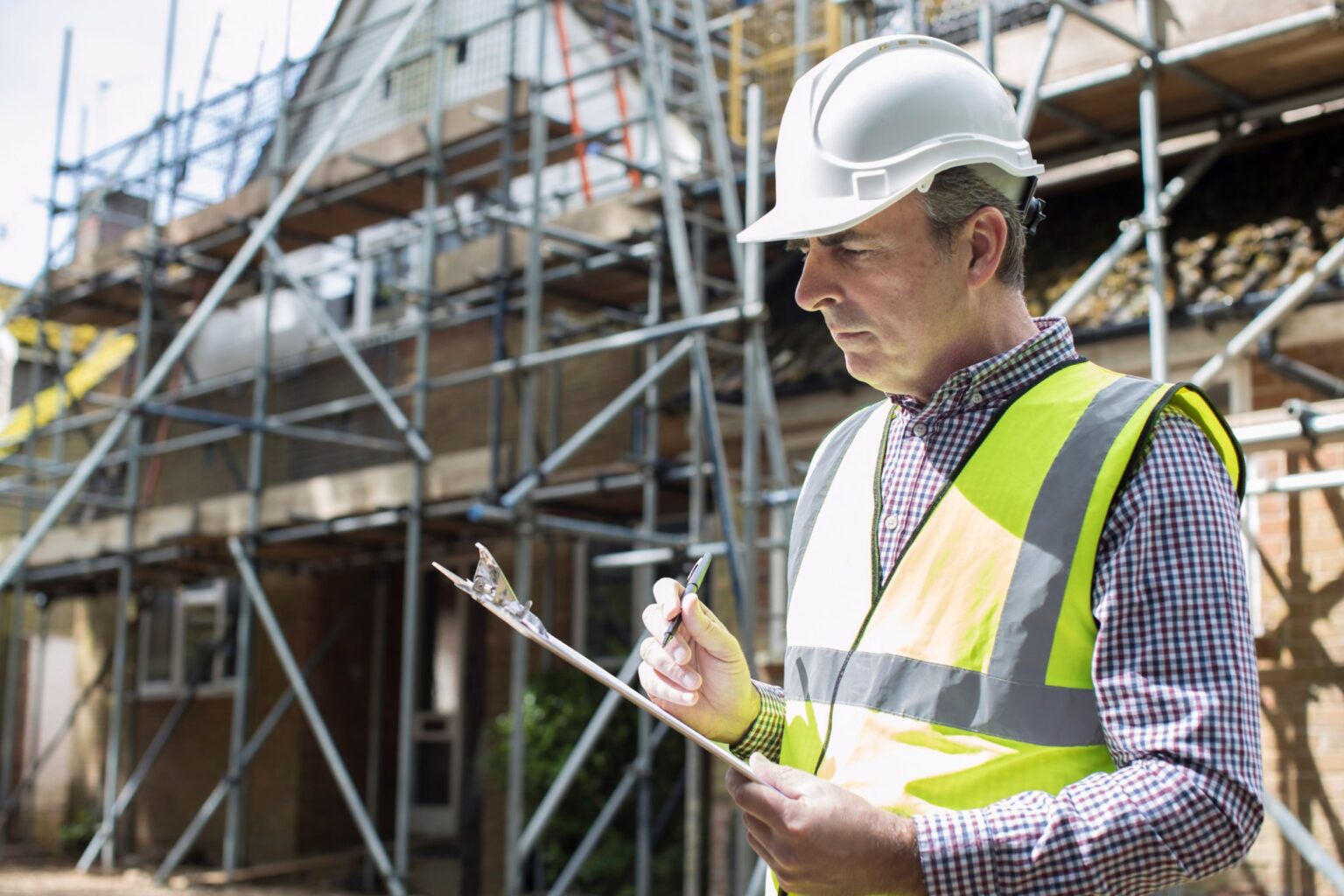Barratt Developments have posted a rise in both profits and homes completed, and say they are well-placed for Brexit at the end of March.
Britain’s biggest housebuilder reported that their half-year pre-tax profits to the end of December were £408 million, a rise of 19.1% on the same period in 2017. In that time, they completed 7,622 new homes, a 4.1% uptick on the 7,324 of a year earlier.
For a comparison, Barratt’s profits for the 2017-18 year were £835.5 million with 17,579 homes delivered – so they could be in the same area when the 2018-19 figures come out later this year.
“The group has delivered a strong operational and financial performance across the half year,” said Barratt chief executive David Thomas.
“Operating efficiencies are delivering improved margins and our controlled and disciplined business model means we have a high-quality land bank, strong forward sales, excellent financial position and efficient cash flow generation.”
“Whilst we continue to monitor market conditions closely, current trading is in line with our expectations and we are confident of delivering a good financial and operational performance in full year 2019.”
‘We can cope with Brexit’
Barratt’s confidence may stem, in part, from their preparations for Britain’s exit from the EU on 29 March. They describe their supply chain as “robust” and say that 90% of the materials they use for housebuilding are manufactured or assembled in the UK.
They have also attained a fixed price until June on 98% of materials to help cope with any shake-up due to Brexit, and until December on 40%. But skills shortages are revealed as a concern in their report, and while this something that could accelerate in the aftermath of Brexit, Barratt feel they are well-placed to cope.
“We continue to see some pressure on skilled labour supply with shortages remaining location and trade specific,” their report states.
“We are also improving construction efficiency and reducing demand on labour through implementing the new housetype ranges, which are easier and quicker to build, and through the use of modern methods of construction such as timber frames, large format block and light gauge steel frames.”
The Federation of Master Builders recently reported that 66% of their members feel prices will rise if post-Brexit manpower shortages kick in. There could be an impact in London, with 27% of the capital’s construction workers coming from the EU.
But Barratt appear confident they will ride out the uncertainty, and their results come a few weeks after Persimmon reported that they expect their profits to be ahead of projections.









